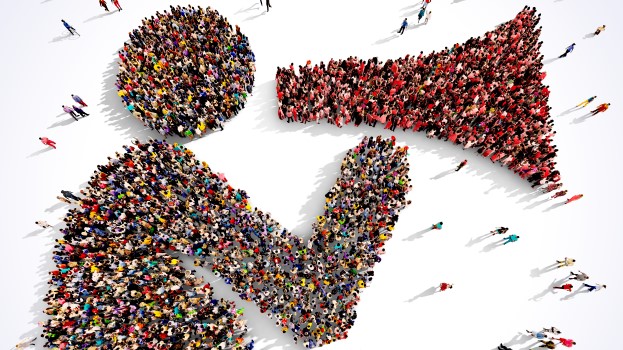
Empowerment is about feeling free to make your own mental health choices, able to learn all of your options, and comfortable being heard
Dan has pioneered new decision-making tools, communication processes, and conflict resolution paths to help people express their mental health needs
What are examples of choices in mental health?
There are a lot of choices someone has when they may have a mental health problem including how to label their problem, what kind of treatment to pursue (if any), and who to tell (as well as what to share). Everyone has a legal right to privacy, in part to protect them from experiencing stigma and discrimination. Sometimes people may choose to tell someone they have a limitation in order to seek help at school, at work, or in accessing public places.
What are barriers to people speaking up about their mental health needs?
The Americans with Disabilities Act gives anyone with a disabling mental health problem the legal right to ask for extra support when they have a limitation due to their medical condition. Yet many people choose not to ask. Some are wary of voicing their needs because they do not want to reveal they have a mental health problem and subject themselves to stigma. Others choose not to share because it is important to them to be treated the same as anyone else. Many are unaware they could ask for changes at work or from service providers, and still many others are concerned that if they did ask they will bother people and feel alienated.
What can we do to empower people to have their voices heard?
One way to help people feel empowered is to give them information so they understand their options including the option to ask businesses and schools for reasonable accommodations under the ADA. Another way is to teach conflict resolution skills so people are more comfortable asking and so they feel prepared to navigate any tension that arises.
How can Dan help?
Dan has developed programs that teach people conflict resolution skills for self-advocacy.
Click here to contact him
